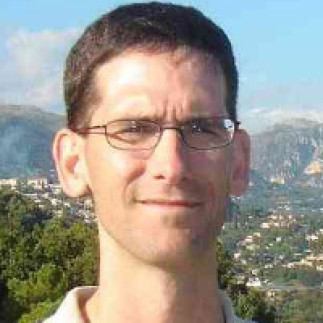Titre:Spatially and Temporally Resolved Infrared Spectroelectrochemistry
Endroit : Pavillon J.-Armand Bombardier, salle 1035 à 11 h
Hôte : Dominic Rochefort
Cette conférence sera prononcée (en anglais) par le Professeur Ian Burgess du Département de chimie de l'Université de Saskatchewan.
Résumé: Characterization of electrified surfaces with infrared (IR) spectroscopy provides valuable information concerning interfacial composition under equilibrium or steady-state conditions. However, electrochemical reactions often provide concentration gradients that evolve in both space and time. Furthermore, surfaces of electrode materials are often heterogeneous and generate uneven rates of reaction. It is extremely difficult to study the spatiotemporal characteristics of electrode reactions with conventional IR spectroelectrochemical methods due to limitations in photon throughput. Infrared radiation from non-traditional sources such as synchrotrons and quantum cascade lasers offer unique brilliance advantages and provide new opportunities to study electrochemical interfaces with unprecedented spatial and temporal resolution. This seminar will illustrate the synchrotron IR advantage in several electrochemical applications including 1) spectroelectrochemical studies of ultramicroelectrodes 2) mapping diffusion layers and 3) combinatorial approaches to electrocatalyst development. A major methodological breakthrough is also described that allows the measurement of high quality IR spectra of 2.5 femtomoles of molecules confined to a 125 μm2 beam spot. The limit of sensitivity of the method is estimated to be in the region of tens of picomoles and allows, for the first time, a means to perform surface sensitive IR spectroscopy of dynamic processes with sub-microsecond time constants. Implications for dynamic studies of biological systems such as redox-active proteins will be discussed.
Information supplémentaire
Annonce PDF de la conférence

